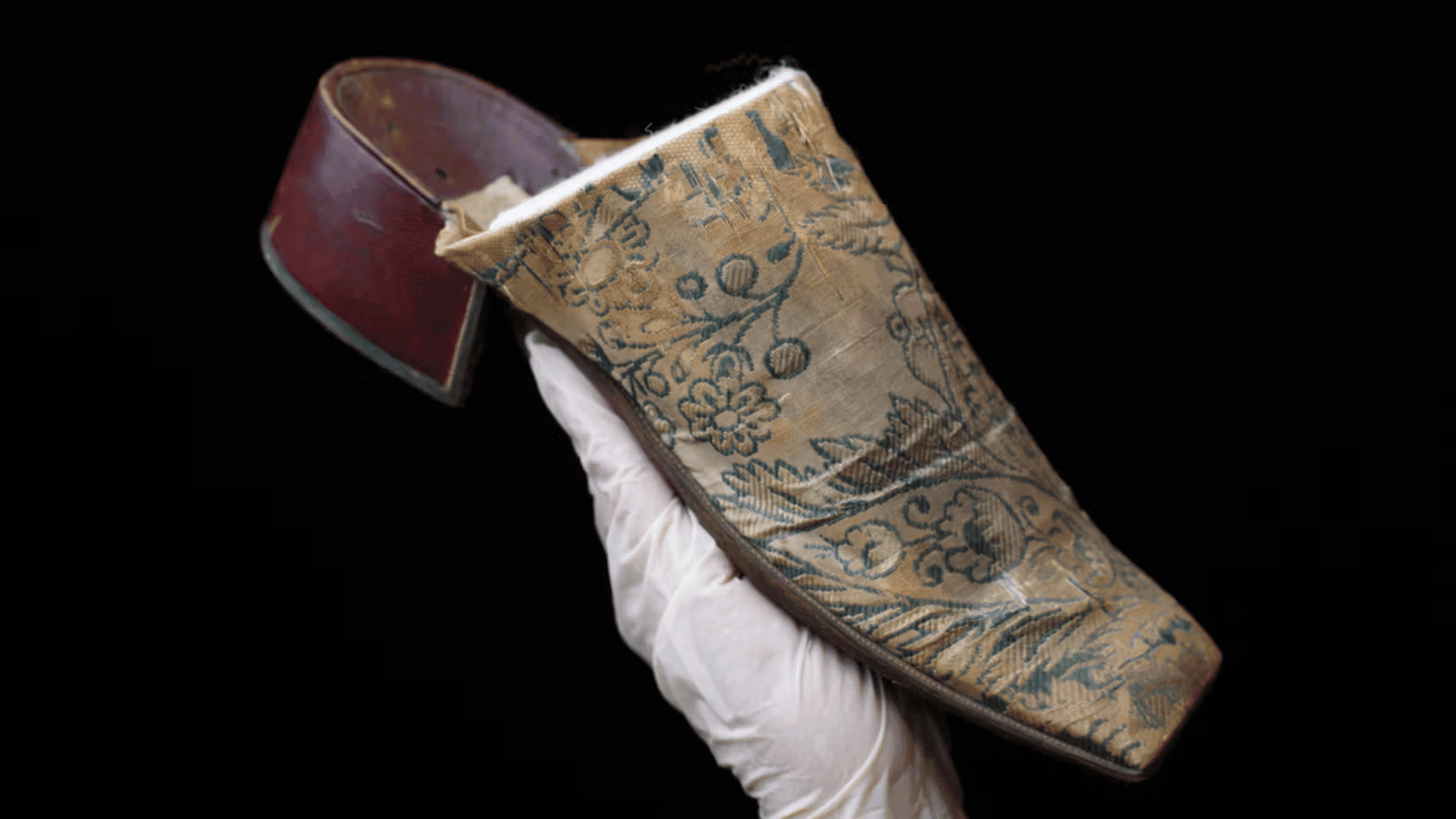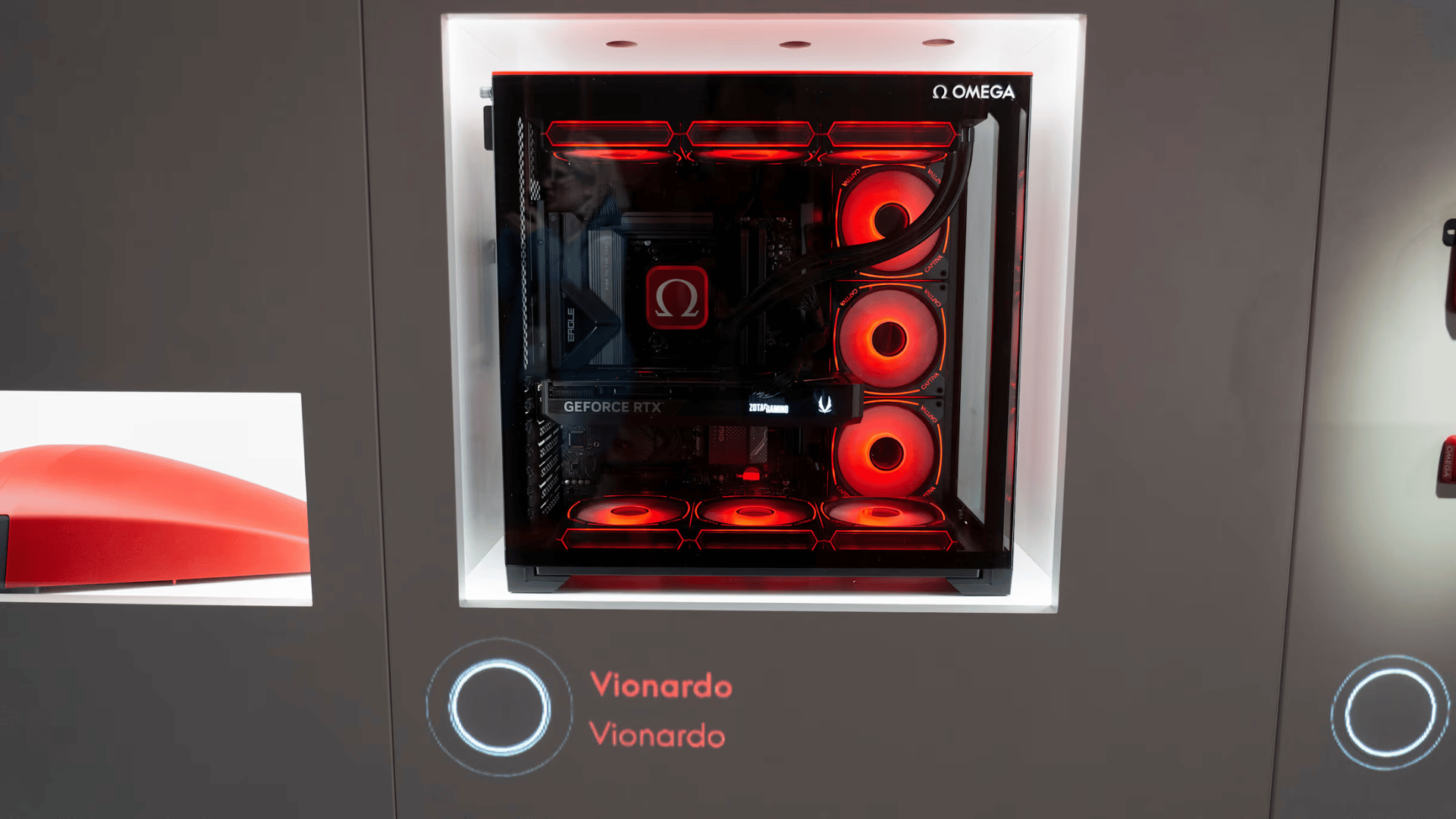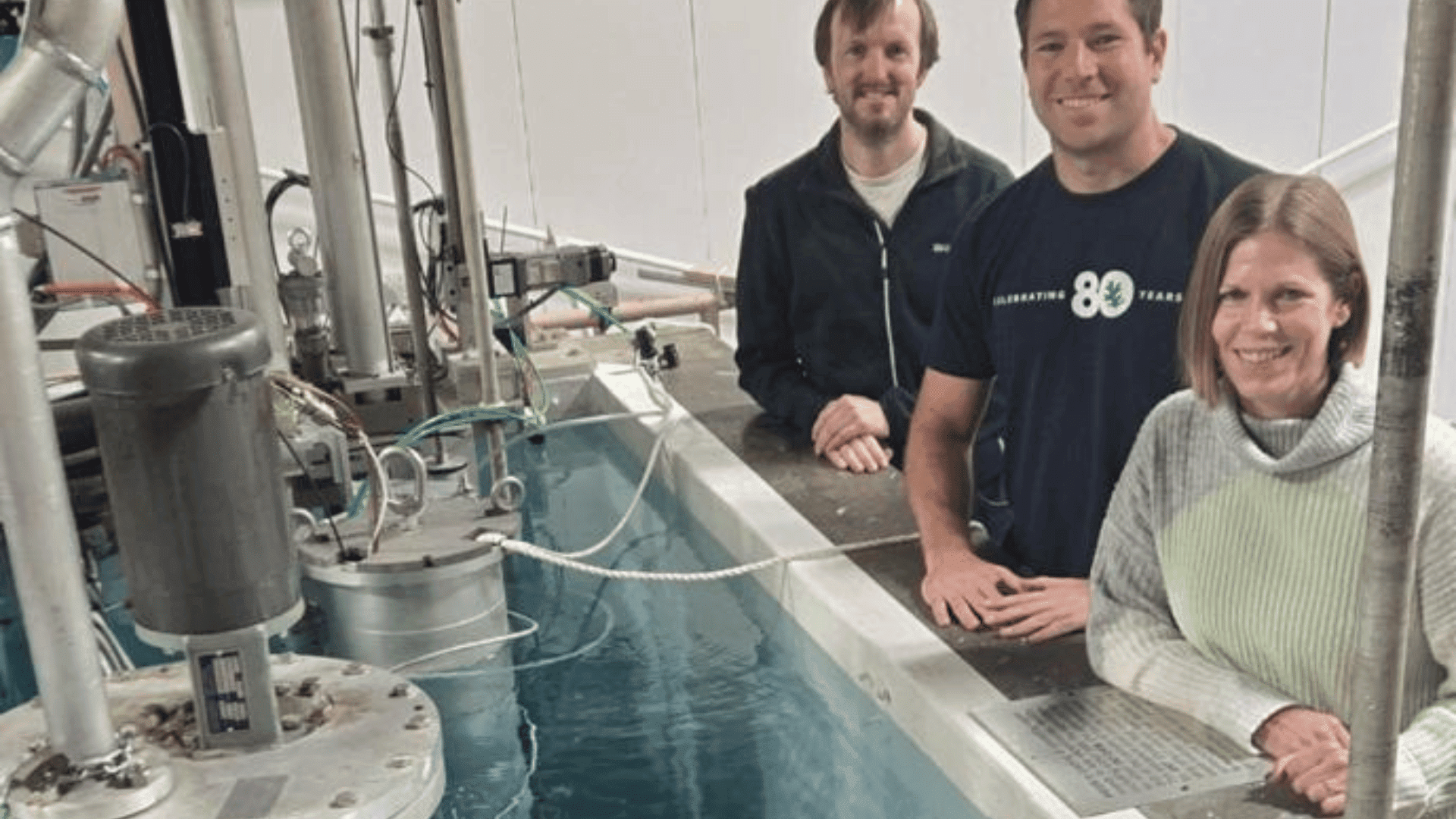NASA’s Artemis II mission is more than just a test flight for hardware beyond low Earth orbit. The agency believes it’s an opportunity to study the effects of deep space on the human body. NASA announced that the onboard crew will serve as scientists and volunteer research subjects.
According to the agency, the crew will participate in experiments that will provide insights into astronaut health and performance. The studies’ findings will be critical for developing interventions and preventative measures for crews on future missions to the Moon or Mars.
Artemis II Crew Has an Important Role in Crucial Research
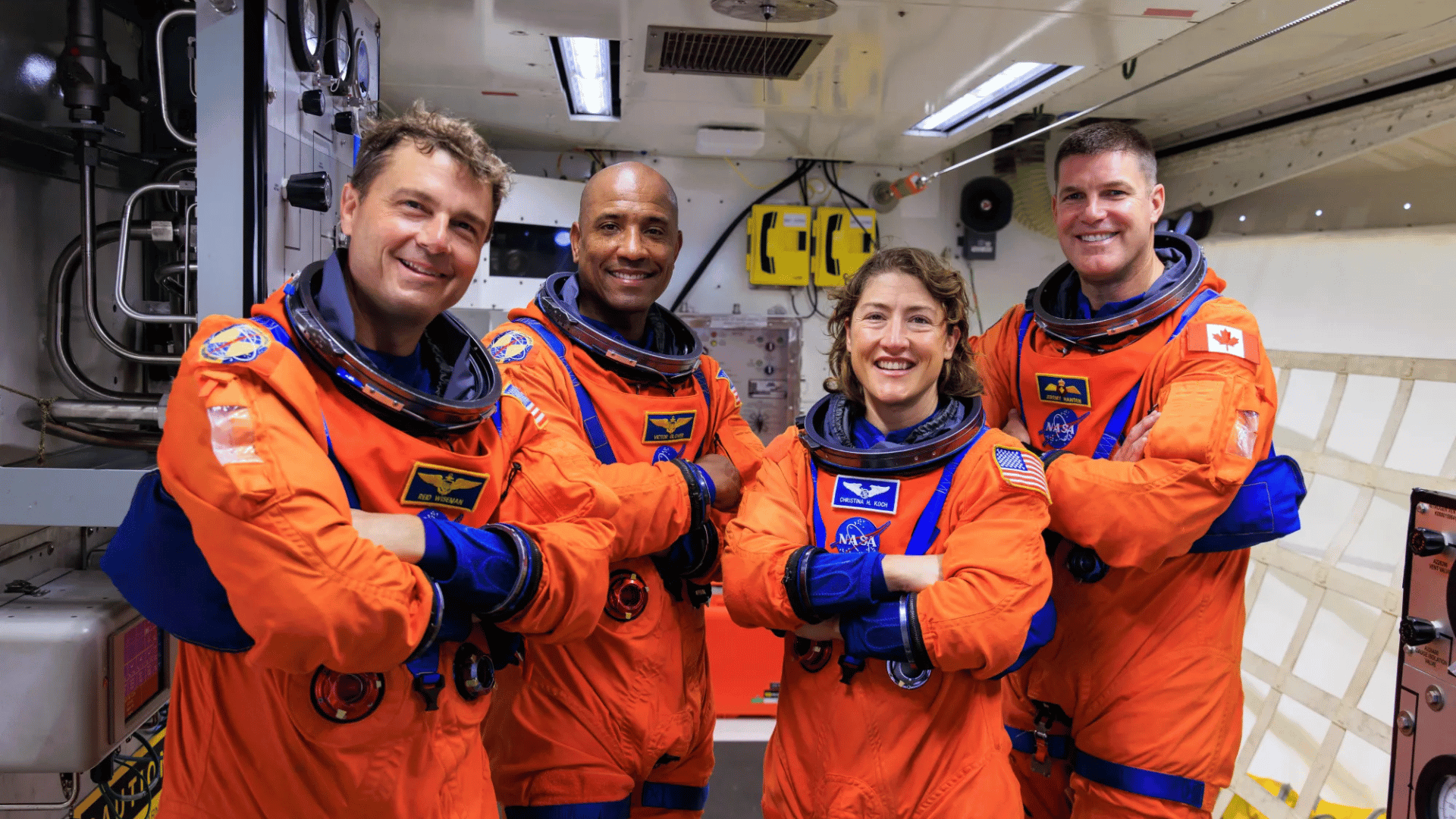

The Artemis Research for Crew Health and Readiness (ARCHeR) study is one of the key research components.
According to NASA, the investigation will explore deep space travel’s impact on sleep, stress, cognition, and teamwork. These factors are well-documented in low Earth orbit but haven’t been fully studied during lunar missions. Artemis II astronauts who agreed to participate will gather data by wearing wristbands that continuously monitor movement and sleep patterns.
According to researchers, pre- and post-flight evaluations will more deeply examine crew behavior, cognition, and sleep quality in the Orion spacecraft. Future missions will use this data for planning and crew support systems.
Keeping Crews Healthy and Safe
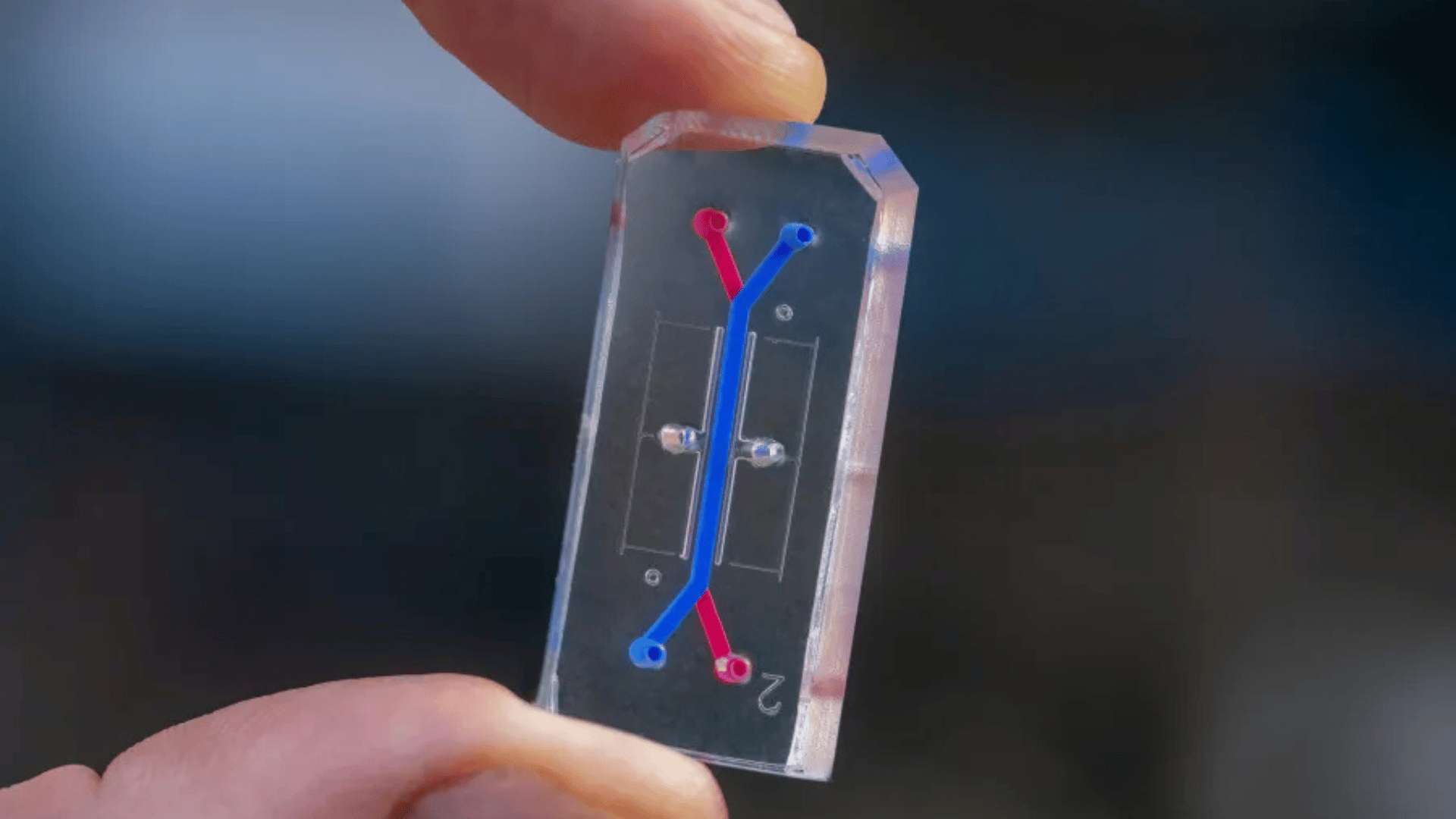

Another study involves Immune Biomarkers. Researchers will analyze saliva samples collected before, during, and after the mission. Scientists say saliva is a window into the human immune system, allowing them to trace changes in the body’s response to the stress of deep space, radiation, and isolation.
The spacecraft lacks refrigeration, so researchers will collect dry saliva on specialized paper in booklets while in space. This will give them insights into how an astronaut’s immune system is affected and whether dormant viruses will do in deep space. Results will help develop methods to keep astronauts and crew members healthy during long missions.
Another experiment, AVATAR (A Virtual Astronaut Tissue Analog Response), marks the first time organ-on-a-chip technology will be used beyond the Van Allen belts.
According to the scientists, the chips are about the size of a USB thumb drive and contain bone marrow cells developed from crew members’ own blood donations. Scientists chose bone marrow because it is extremely sensitive to radiation. Their goal is to validate whether organ chips can accurately predict human responses to deep-space stressors.
Researchers say the results “could inform measures to ensure crew health on future deep space missions, including personalizing medical kits to each astronaut.”
Finally, this will be the first crew to participate in the Spaceflight Standard Measures study. Scientists say the study collects a comprehensive snapshot of astronauts’ bodies and minds. The crew will provide biological samples and perform tests before, during, and after the mission.
Ideally, this study’s results will lead to future interventions, technologies, and studies that will help crews adapt to future missions to Mars.
